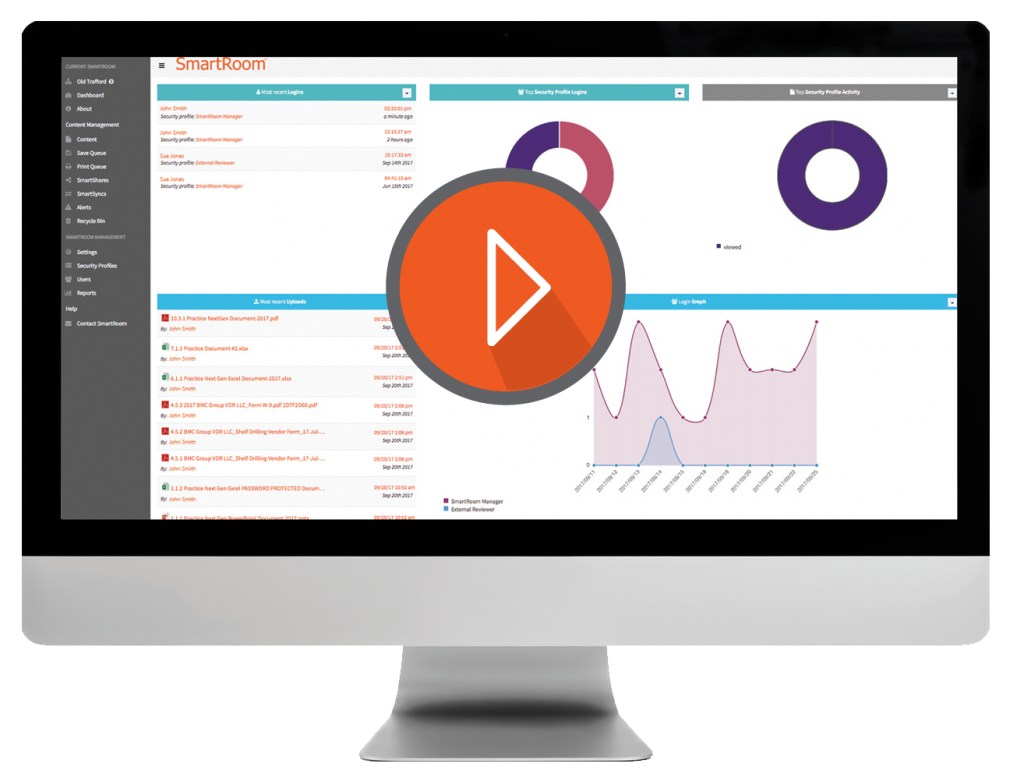A virtual data room is an online database in which sensitive information and data can be stored and transferred. With the advent of the Internet, companies and companies need to transfer their data and information from a hard copy to the cloud.
Initially, physical data rooms were used primarily in the corporate world to securely store processes and other sensitive documents. Then came cloud computing, which made it easy for organizations to download documents, download files, and access information.
Although online data rooms provide access to data in a company’s repository, administrators provide users with full or limited access to specific information. This is since not all investors or shareholders are entitled to access certain company data. Online data rooms make it easier for administrators to control access.
Virtual data rooms often called VDRs, or data rooms, are commonly used in financial institutions, auditing companies, pharmaceutical companies, energy companies, the corporate world (M&A software), and investment banking (data room). VDRs are safer, more easily accessible, and less expensive to build and maintain than physical storage.

Key VDR Roles for Confidentiality
VDR plays a large role in how a company organizes and controls the exchange of sensitive data in a community in the following ways:
Decentralized and omnipotent
Data storage includes the management, transmission, and analysis of a large amount of confidential information. When data is stored online and decentralized, it is available at any time for people who need access.
More secure
Thanks to efficient firewalls and end-to-end encryption, storing data on the Internet is much safer than sending it manually. In cases where the company decides to exchange documents with potential investors or even among its internal employees, and a virtual data room on mergers and acquisitions with appropriate security measures makes the process faster and safer.
Board of Directors for Communications
Most boards do not live together or cannot visit the office or meet in the same place at the same time because of their location. But board members can exchange information and communicate within the VDR from anywhere in the world.
Providing information is faster
With effective Data room providers, providing the information is easy. Documents and folders can be found by simply entering their names in the search field.
Company audits are fairly smooth and secure
Programs can be implemented to run through the cloud and audit without human intervention. Virtual data rooms can also be used to create audit reports.
Conclusion
In addition to being very convenient and faster, virtual data rooms can be used to receive real-time feedback from online investors. VDRs can also be used to control the amount of data available to various groups of investors, employees or shareholders.
In general, virtual data rooms are a more profitable and confidential method for exchanging and storing company confidential information.














